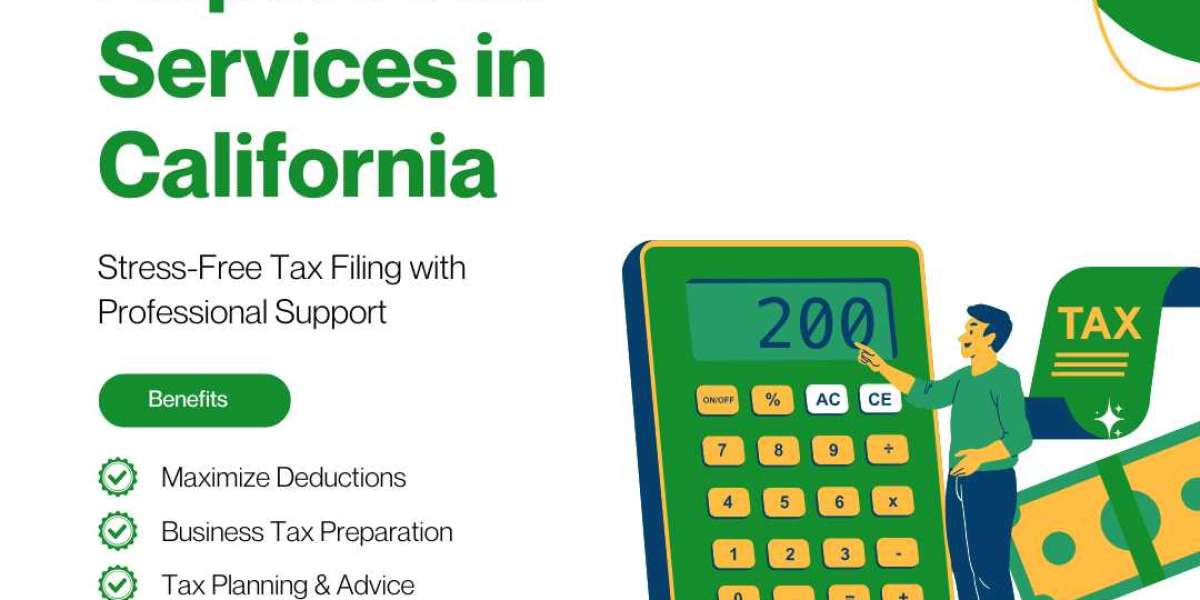Every year, the IRS sends thousands of tax notices, many because of easily avoidable mistakes. Understanding what commonly triggers IRS review is essential. The guide Common Tax Filing Mistakes That Trigger IRS Notices explains how to dodge those pitfalls, stay compliant, and save yourself from stress and penalties.
A precise, error-free return is your best defense against unnecessary IRS attention. Let’s uncover the most frequent missteps and how to avoid them.
1. Failing to Report All Income
Every income source counts when filing taxes—wages, freelance pay, interest, dividends, rental income, and investment earnings. The IRS cross-references income documents like W-2s and 1099s with your return. If something is missing, they’ll flag it.
Always double-check that every income line is captured. Small amounts from side jobs or interest may seem insignificant, but if omitted, they become audit triggers.
2. Claiming Excessive or Unsubstantiated Deductions
Itemized deductions can reduce your tax bill, but they must be reasonable and documented. Big charitable donations or business expenses that exceed income or typical industry standards can raise IRS concern.
If your deductions seem out of line with your reported income, get ready for scrutiny. Documentation is your safeguard—keep receipts, invoices, and records that justify every deduction claimed.
3. Home Office and Auto-Deduction Misuse
Working from home or using your car for business comes with tax benefits—but only when strict rules are followed.
Home office deductions must be for a designated space used exclusively for business and must meet IRS criteria. Overstating square footage or mixing personal use can trigger a red flag.
Vehicle deductions require a log of business miles, dates, and destinations. Inflating mileage or claiming personal trips as business use significantly increases audit risk.
Record everything with accuracy and be conservative in your claims.
4. Math Errors and Inaccurate Personal Details
Simple errors like typos in Social Security numbers, income figures, or calculations can bring back a notice from the IRS. These errors are often caught by automated systems and generate correction notices.
After completing your return, always review key details, run a math check, and ensure your personal information matches official records precisely.
5. Misclassifying Employees or Mislabeling Expenses
Misclassifying workers as independent contractors or blending personal and business expenses can trigger IRS scrutiny.
If you mislabel employees to avoid taxes or claim personal expenses under business categories, the IRS will likely audit. Keep your categorization accurate and maintain separate records and accounts for personal and business finances.
6. Large Refundable Credits or Low Income Claims
Refundable credits like the Earned Income Tax Credit (EITC), Education Credits, or Child Tax Credit are frequently audited because they directly impact refunds. Even if legitimate, large refunds relative to your income raise flags.
If your income or credit claims seem disproportionate, be ready with documentation.
7. Incomplete or Incorrect Foreign Reporting
For those with foreign income, assets, or accounts, IRS rules require additional forms like FBAR or Form 8938. Failing to file or filing incorrect information is a major red flag.
Make sure all foreign accounts and related income are accurately reported following IRS requirements.
8. Filing Too Early Without All Documents
Rushing to file before receiving all tax documents increases mistakes. Forms like 1099-DIV, K-1, or 1098 may arrive late. Filing prematurely can lead to amended returns or notices after audits.
It’s wise to wait until you receive all documents before submitting your tax return.
Summary Table of Common Triggers
| Mistake | Why It Matters |
|---|---|
| Unreported income | IRS data mismatch triggers audit |
| Excessive deductions | Disproportionate claims raise suspicion |
| Home auto deduction misuse | Deductions without proof invite scrutiny |
| Typos/math errors | Automated systems detect inconsistencies |
| Misclassified workers | Incorrect reporting can prompt penalties |
| Large credits/refunds | High refunds draw attention |
| Missing foreign info | IRS heavily audits cross-border filings |
| Filing too soon | Missing forms can cause errors later |
How to File With Confidence
Review every source of income and documentation before filing.
Keep clear, organized records for deductions and expenses.
Use tools or professionals to check your math and accuracy.
Stay within reasonable limits for deductions relative to income.
Ensure full disclosure and accurate reporting of foreign assets.
File only when all paperwork is received and verified.
By following these steps, you significantly reduce your risk of IRS notices and preserve your financial peace.
The guide Common Tax Filing Mistakes That Trigger IRS Notices is an essential read for anyone looking to file clean, accurate returns and avoid unnecessary correspondence.













